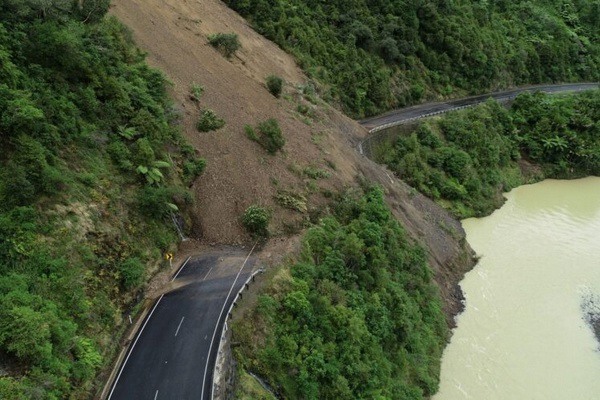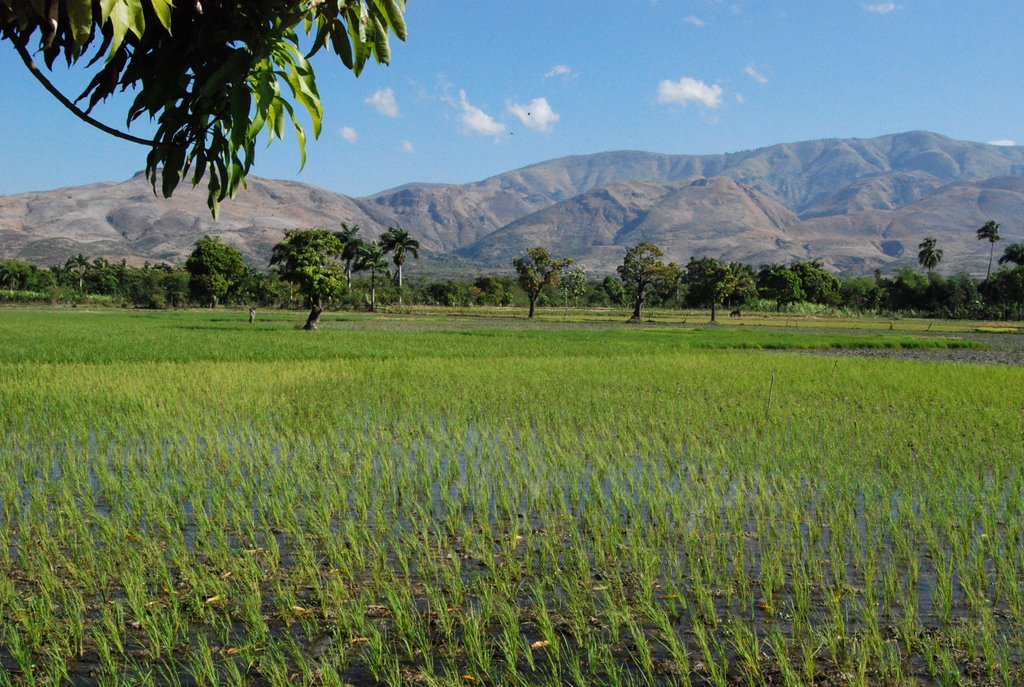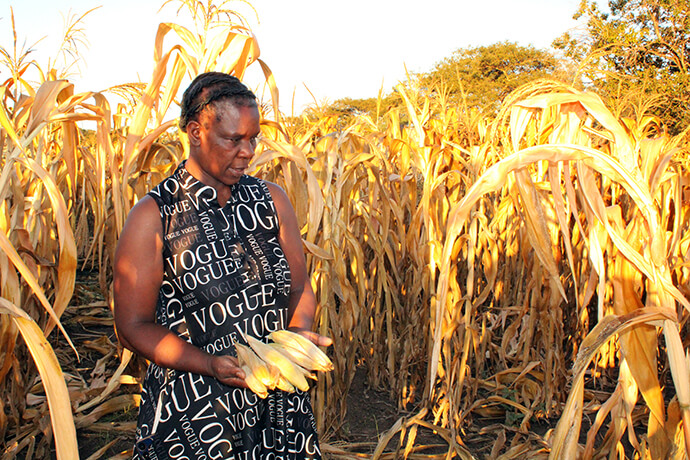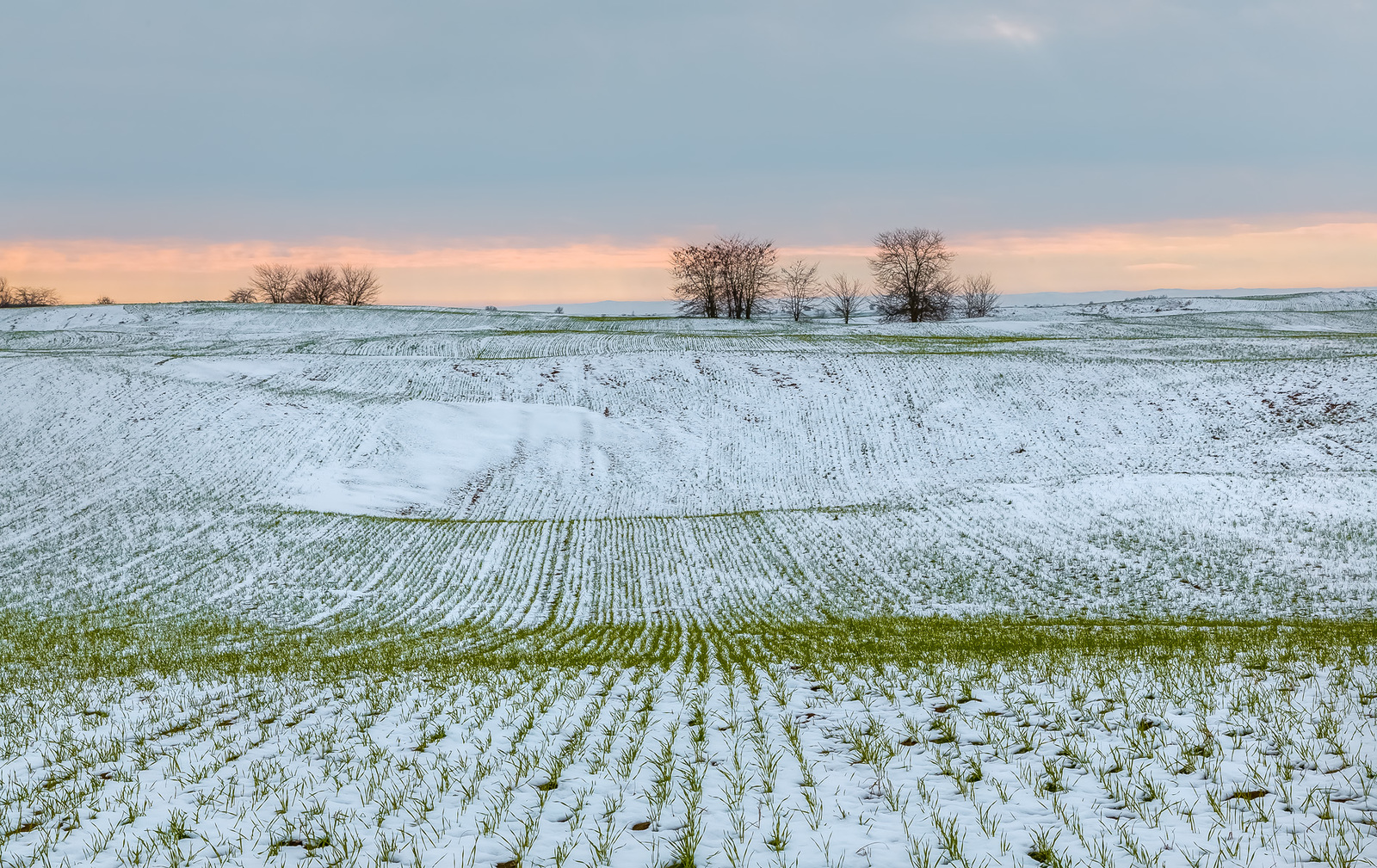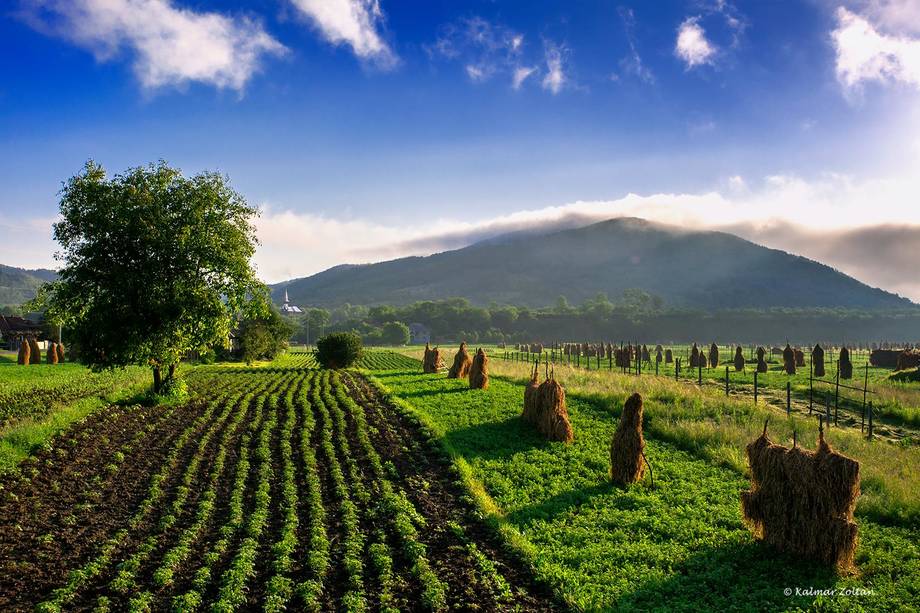When Josephine Kisero moved her family down the hill to a new home with a larger plot of land in Mwankoma village, in southern Kenya, she planned to grow enough crops, including corn, sunflowers and cassava, to provide for her six children.
What she did not consider were the elephants that frequently wander from the nearby drought-hit Tsavo National Park into her village hunting for food and water.
"Every time we plant crops, elephants come and feed on most of them, while trampling the crops they don't eat," said Kisero, 50, walking around her 20-acre (8-hectare) farm, with its empty fields of loose red soil dotted with shriveled trees.
The animals are straying from the dried-out park because they cannot find anything to eat or drink there, she added.
Hungry elephants sometimes attack people standing between them and their next meal, often leading villagers to kill the animals in revenge or to protect their crops, Kisero said.
Conflict between people and wildlife is on the rise across Kenya, warn conservationists, as growing human populations spread deeper into animal territory.
Hotter temperatures are killing vegetation and drying up water sources, intensifying competition between the two sides over dwindling food supplies.
In response, a new project, bringing together the government and local insurance firms, aims to address the growing problem by helping protect livelihoods and, in turn, wildlife.
Developed by the London-based International Institute for Environment and Development, the plan is to provide rapid compensation for farmers whose crops are destroyed by elephants and other wild animals, easing the financial hit and encouraging them to co-exist.
"We hope the scheme will provide a cushion to communities ... that are forced to pay the ultimate price by living near wildlife," said Barbara Chesire, managing director at AB Consultants, which is working to set up the project's pilot phase in Kajiado and Taita Taveta counties.
The insurance scheme, which is also being piloted in Sri Lanka and Malaysia, is the first project of its kind in Kenya, where it aims to sign up at least 1,000 farmers to start.
If successful, the scheme could be rolled out across the country, as well as in other African nations where human-wildlife conflict is a problem, Chesire added.
QUICK PAYOUTS
In the 30 years since moving downhill, Kisero has tried scaring elephants off her farm by beating on tins, lighting bonfires and hanging metal sheets around her land to make noise when the wind blows - but nothing keeps them away for long.
According to the latest data from the Kenya Wildlife Service (KWS), from 2014 to 2017, wild animals - mainly elephants, but also hippos, snakes and others - caused more than 5,000 reported cases of crop or property damage, killed more than 450 people and injured 4,555 others.
Alfred Mwanake, head of the Taita Taveta Wildlife Conservancies Association (TTWCA), said conflict between humans and wildlife in the Tsavo region of southeastern Kenya is being exacerbated by worsening drought conditions that are drying up pastures, vegetation and water pans in local wildlife reserves.
"Bigger mammals, such as the elephants and buffaloes, move out from these protected areas into the community areas, and the elephants destroy water tanks and water pipelines in search of water," Mwanake said.
Chesire at AB Consultants said that after an attack, area chiefs will use their mobile phones to report the incident with the location and a code assigned to the type of damage – loss of livestock, crops or property, and injury or death.
Community members will then verify the claim by visiting the farm and taking photos of the aftermath, which they will submit through an app along with testimonials from chiefs, neighbours and local KWS officers.
If the claim is deemed legitimate, an insurance company will pay the compensation "hopefully in a maximum of three months", said Mwanake of the TTWCA.
That is much faster than the payouts the KWS currently gives victims of wildlife damage, which villagers say can take years - if they are paid at all - making the system useless for families trying to survive through the next harvest season.
A recent government report said that between the first KWS payouts in 2014 and 2018, it released 1.2 billion Kenyan shillings ($9.8 million) in compensation funds to the KWS.
Last year, the KWS announced the release of a further 500 million shillings for conflict compensation, which it said would help clear the backlog of claims.
Mwanake said the hope is that the new insurance will replace the KWS compensation system, with the government channelling the funding into subsidies for insurance premiums, making the scheme affordable or even free for members.
The KWS did not respond to requests for comment.
BUZZ OFF
The success of the insurance project will rely on addressing the "low trust levels" among farmers who do not understand how it works or the technology used to report claims, said Chesire.
Her firm aims to answer questions locals may have through awareness-raising campaigns, training and community meetings.
Education is key, especially teaching residents the importance of living alongside wildlife, said Derick Wanjala, project manager at nonprofit Save the Elephants.
Elephants are afraid of bees, for example, so the group has been giving away beehives to villagers to use as non-violent deterrents - and they can also sell the honey for extra income, explained Charity Wanda, a farmer in Mware village.
Wanda has several beehives on her land, but once in a while the elephants even get desperate enough to charge past the bees and feed on her crops, she said.
Three years ago, she lost her entire maize harvest to the marauders, she said, adding that she hopes wildlife insurance becomes available soon so her family no longer has to struggle for income until the next planting season after an attack.
"The insurance scheme will be a relief because government compensation takes too long," she said.
($1 = 122.3500 Kenyan shillings)
Source - https://www.reuters.com


-2.jpg)


